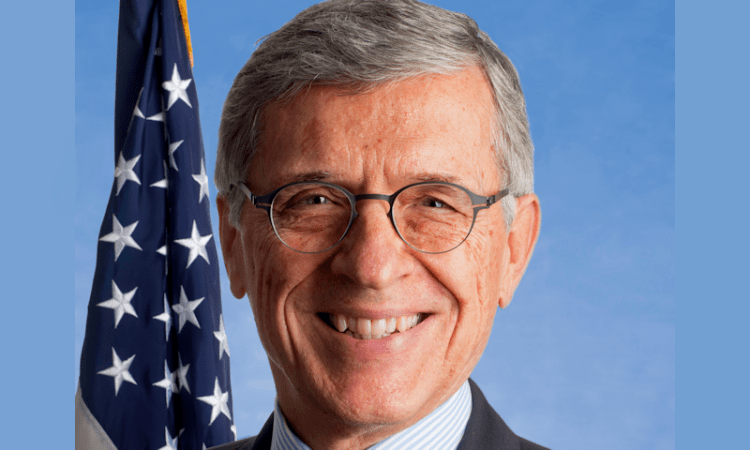The Federal Communications Commission has granted its approval to AT&T to acquire the nation’s largest satellite provider, DirecTV.
Both companies operate nationwide communications networks. The acquisition will allow AT&T to expand its product offering and service bundling options, and will also buy it increased firepower when negotiating content licensing deals with large video rights holders like Viacom and the NFL.
However, the deal could reduce the number of choices for broadband services in markets nationwide, which may ultimately push up the prices of Internet and TV services.
AT&T’s market cap is $174.6 billion, while DirecTV’s is $46.31 billion.
From the FCC statement today:
The Commission’s decision is based on a careful, thorough review of the record, which includes extensive economic analysis and documentary data from the applicants, as well as comments
from interested parties. Based on this review, the Commission has determined that granting the application, subject to certain conditions, is in the public interest.
The $48.5 billion deal comes with a set of conditions.
AT&T/DirecTV will be required to expand its deployment of high-speed, fiber optic broadband Internet access service to 12.5 million customer locations as well as to E-rate eligible schools and libraries.
Insiders say the deal approval hinged on this key point. It’s also the reason the deal took so long to get approved.
Some wonder if the fiber optic buildout requirement AT&T agreed to will really translate into faster broadband service for more consumers.
“This does not say anything about what the service offering must be for the consumer, says Allied Fiber CEO Hunter Newby. “So, in other words, AT&T may be required to build fiber to 12.5 million customers (assuming that means individual homes) within four years, but they are not required to offer any particular minimum speeds, or Internet access at any particular attractive rate.”
“Given that, this requirement, and therefore by extension this deal, doesn’t really do much for consumers . . .,” Newby says. Allied Fiber offers a network-neutral colocation and dark fiber superstructure in the U.S.
Opponents of the deal fear that the acquisition of the DirecTV satellite network assets would disincentivize AT&T from expanding its fast fiber optic network and improving broadband speeds.
In addition, the combined company is prohibited from “using discriminatory practices to disadvantage online video distribution services and will submit its Internet interconnection agreements for Commission review.” Finally, AT&T/DirecTV will be required to offer broadband services to low-income consumers at discounted rates.
The commission also feared that AT&T would take steps to steer people to its own (and DirecTV) video services. So the deal requires that AT&T take up a non-discrimination policy toward out-of-network video services like Netflix or HBO Now, for example.
AT&T originally announced its intention to acquire DirecTV back in May 2014. DirecTV’s board of directors approved the merger in September 2014.
DirecTV chairman and CEO Mike White will be retiring now that the merger has been approved.
Analysis
The coupling of AT&T and DirecTV is just the latest example of consolidation in the media and network provider businesses. The merger could benefit the companies in a variety of ways, but the danger to consumers is that it will reduce the number of choices for broadband services in a given market. With less competition, prices tend to go up.
“These companies don’t care about providing better services or even connecting more Americans,” president of media advocacy group Free Press Craig Aaron said in a statement to VentureBeat last year. “It’s about eliminating the last shred of competition in a communications sector that’s already dominated by too few players,” he added.
Perhaps the biggest benefit of the deal to the companies is in the area of video content licensing. The cost of premium video content for AT&T’s Uverse TV offering and DirecTV has been rising sharply in recent years. Big content owners like Viacom, the NFL, and the networks ratchet up prices every time contracts come up for renewal.
Post-merger, AT&T and DirecTV will combine their bargaining power and buying power to get better deals with content owners, or at least slow down the rise in costs.
It also means that Uverse and DirecTV’s programming will likely be very similar if not identical over the next few years. Even as the combined entity pays less for content, consumers aren’t likely to see an improvement in their monthly cable bill. Consumers will also see less choice in the TV market as AT&T’s and DirecTV’s content offerings come to look very much the same.
AT&T may also look at bundling the DirecTV satellite TV service with its own wireless cellphone plans. Both of these services are available nationwide, which would give AT&T an advantage over other carriers who don’t have a national option for bundling.


